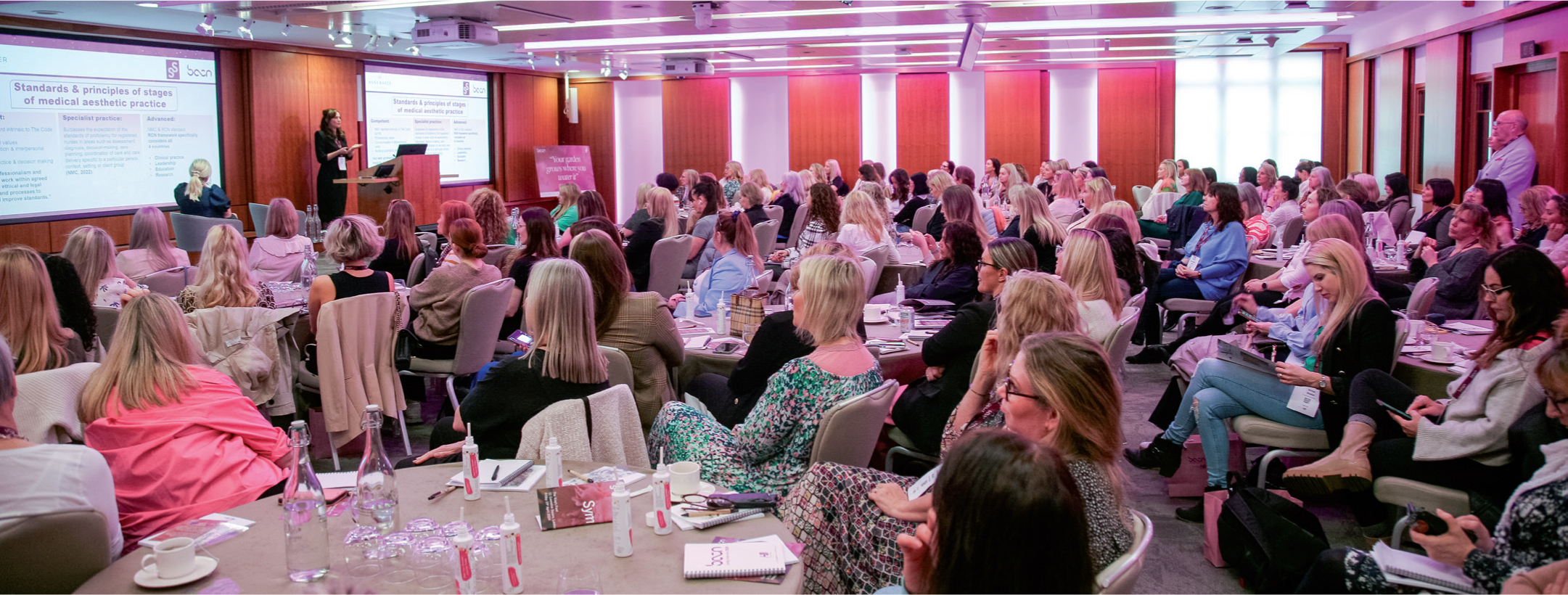

As many of you will know, the Scottish Government has opened a public consultation aimed at regulating aesthetic procedures in Scotland. This consultation is both exceptionally important for Scotland and for the whole of the UK, as its outcome could influence other governments.
The consultation closes on 14th February 2025 and allows anyone to provide feedback.
The more healthcare professionals who provide their views on aesthetics regulation, the better. The Scottish Cosmetic Interventions Expert Group (SCIEG) was set up following the Keogh Review (Review of the Regulation of Cosmetic Interventions) in April 2013 to provide advice on options to assure safety, effectiveness, and quality for users of cosmetic interventions in Scotland.
SCIEG is a government-led committee comprised of a wide variety of healthcare professionals, including representatives from British Association of Medical Aesthetic Nurses (BAMAN) and British College of Aesthetic Medicine (BCAM), as well as hair and beauty industry representatives, environmental health officers, and Healthcare Improvement Scotland (HIS).
SCIEG has been examining various aspects of ‘cosmetic’ practice, which are outlined in the upcoming consultation. This includes categorising procedures into Groups 1, 2, and 3 based on their associated risks, how complications should be managed, age restrictions, required levels of training, qualifications, and the need for supervision.
Whilst all attempts to improve patient safety and regulate our sector are welcomed, these proposals fall short of what we believe is necessary. The aspects around cosmetic injectables potentially being carried out by non-medics under undefined ‘supervision’ is of particular concern.
We believe that it is essential that the on-site supervision by appropriately trained and experienced regulated healthcare professionals is reinforced further, if it is decided that ‘supervision’ will be introduced. We firmly believe that cosmetic injectables such as botulinum toxin and fillers should be in the higher risk Group 3.
Although this consultation and the groupings are a good starting point, more expert input from medical professionals in the field is clearly required to help shape future aesthetics regulation and ensure public safety is met.
BAMAN, as the recognised professional association for medical aesthetic nurses, has an experienced group of nurses working on the consultation to deliver our response. We will be able to share this once we have completed it, and for members to shape their responses if they have not yet submitted a reply.
You can find more information and reply to the Scottish consultation here: https://consult.gov.scot/healthcare-quality-and-improvement/regulation-of-non-surgical-cosmetic-procedures/
Meanwhile at BAMAN HQ, we are amid elections for a new Board of Directors as the current directors' tenure has come to an end. Good luck to all those who have submitted their interest in becoming a director.
Finally, we are very much looking forward to our fourth annual BAMAN Spring Symposium, which will be held at The King's Fund, London, on Friday 4th April. We have a fabulous agenda of expert speakers and topical talks along with a small exhibitor's hall. Last year was an exceptionally successful Symposium, and tickets sold out quickly. Tickets are available to both BAMAN members and guests with a valid professional body pin. More details can be found on the BAMAN events page:
Get your Spring Symposium ticket: https://www.baman.org.uk/events/



